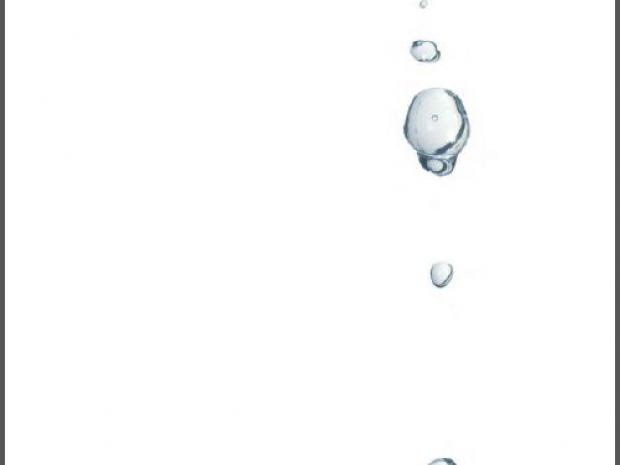UNIDO's Making It - Issue 19

A water footprint shows the amount of fresh water used to produce the goods and services we consume, including that used for growing, harvesting, packaging and shipping. The global average water footprint of industrial products is 80 litres per US dollar of the purchase price. Every manufactured product requires water but some industries are more water-intensive than others. More than 4,600 litres of water are used to make one tonne of cement; 837 litres to make one kilogram of cotton; 458 litres to make one kilogram of synthetic plastic; 190 litres to make one litre of paint; and ten litres to make one sheet of paper. Industrial wastewater is one of the most serious sources of water pollution. There are many types of industrial wastewater based on different industries and contaminants, with each sector producing its own particular combination of pollutants.The production and cleaning processes in the iron and steel, textiles and leather, pulp and paper, and chemicals sectors, amongst others, pose a severe threat to water resources around the world, particularly in the Global South. More than 2.8 billion people in 48 countries will face water stress or scarcity conditions by 2025, yet at the same time global water demand for manufacturing is expected to massively increase. For industrialization to be sustainable, it must be a process that reduces water use and improves the quality of wastewater. Enterprises, whether small, medium or large, must make more progress in evaluating and reducing their water use and that of their supply chains. Water-use efficiency across all sectors must improve to ensure sustainable withdrawals. Water pollution must be reduced and the release of hazardous chemicals and materials eliminated in order to improve water quality. The greening of industry can help ensure safe and clean water for all.
Some top articles in this issue include:
- How does emigration affect the people left behind in poor countries?
- Greening industry, saving water in North Africa - Igor Volodin introduces a programme demonstrating the benefits of adopting best available techniques, cleaner production technology, and appropriate environmental management and accounting practices
- Is water the next carbon? - Results of a survey by DNV GL – Business Assurance which investigated the importance of water issues and the way companies deal with them
- How industry can address critical water-related challenges - UNIDO’s Water
- Management Unit and John Payne consider how industry can use water for increasing economic activity without degrading the environment
- Ecological enterprise zones: next generation industrial strategy or fool’s gold?
Log in with your EU Login account to post or comment on the platform.